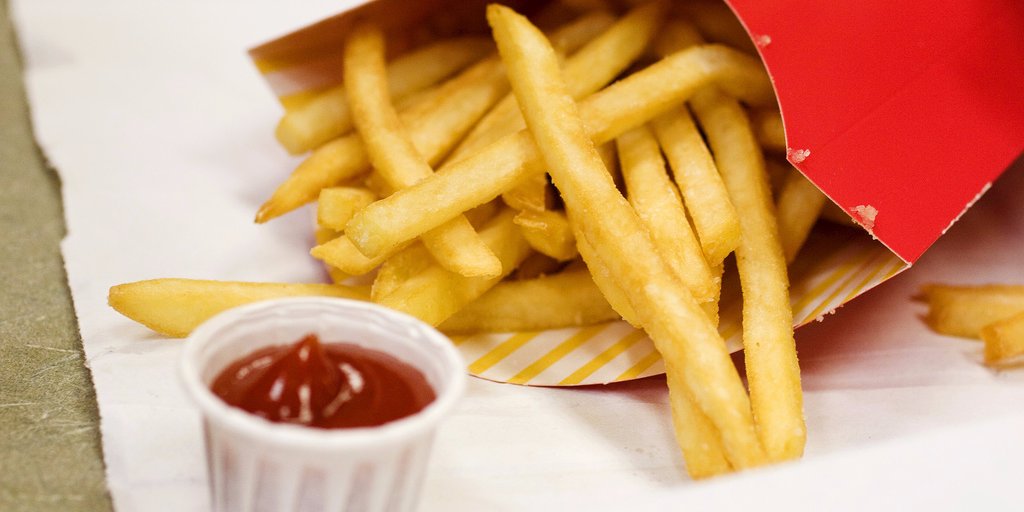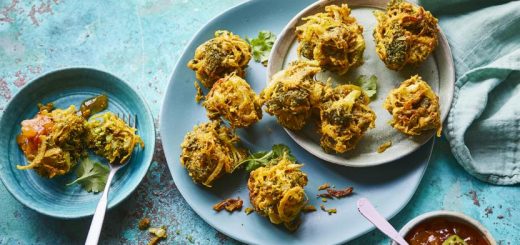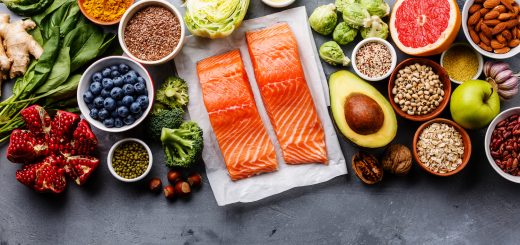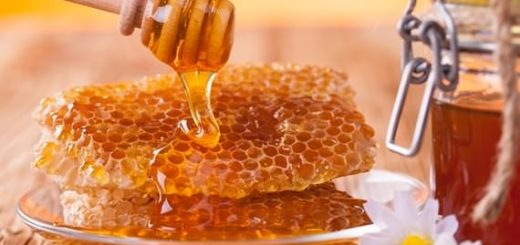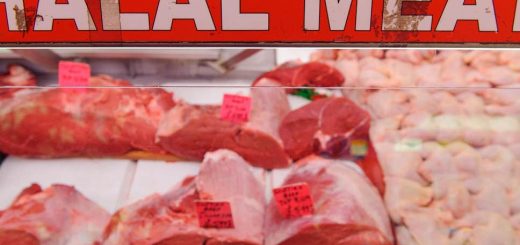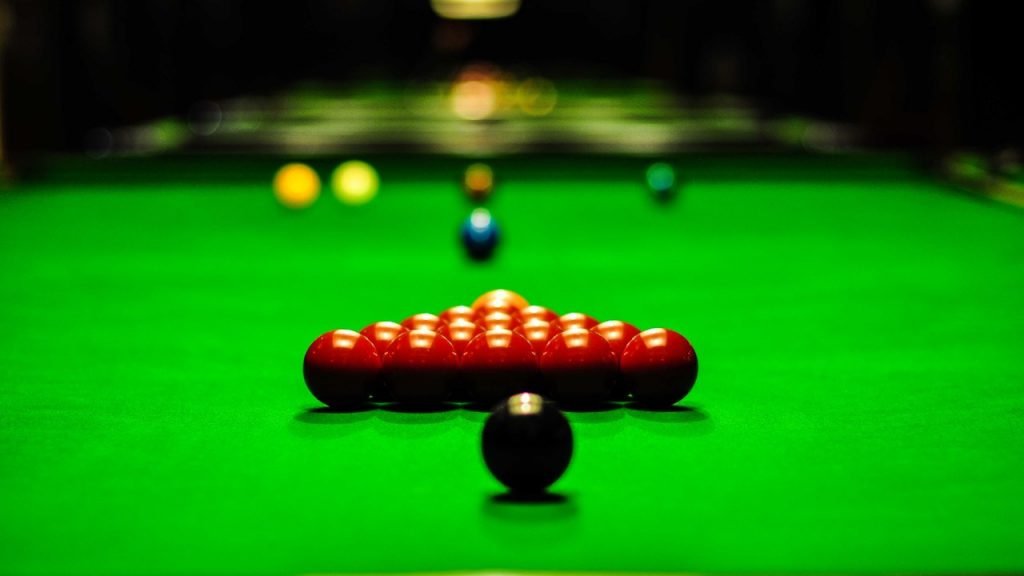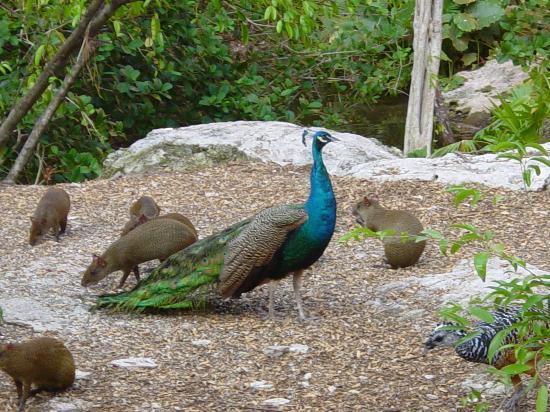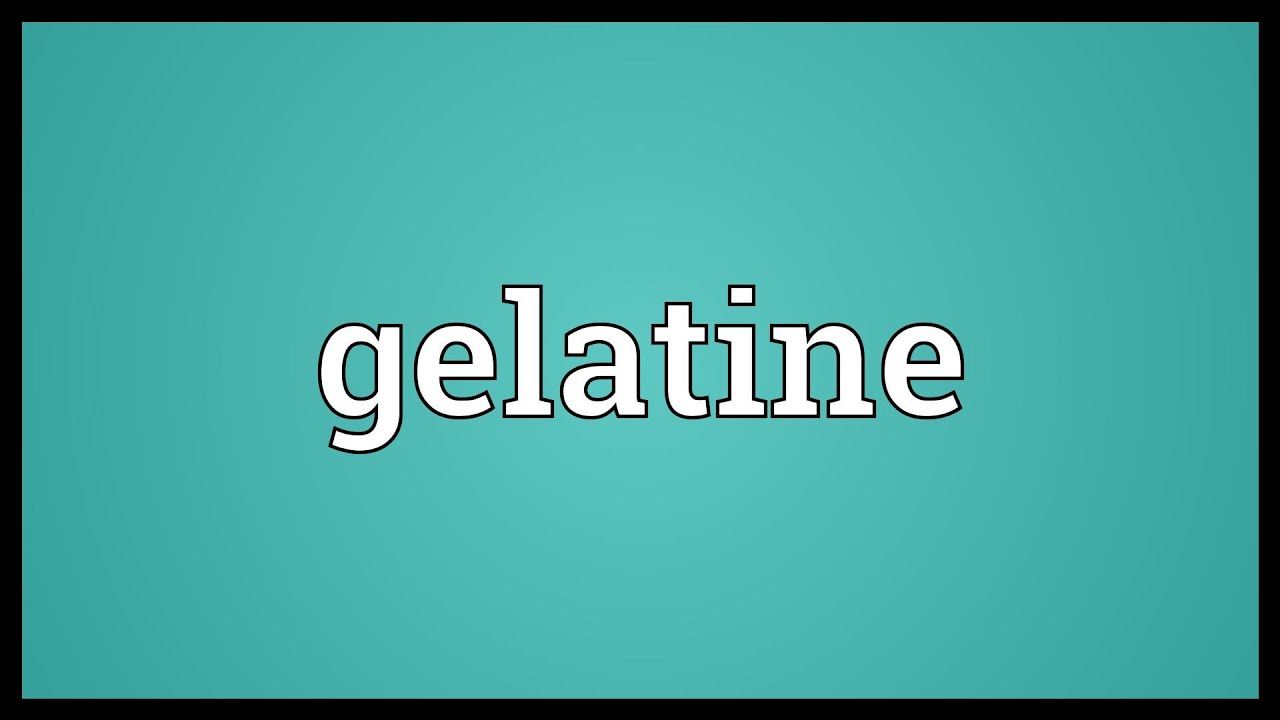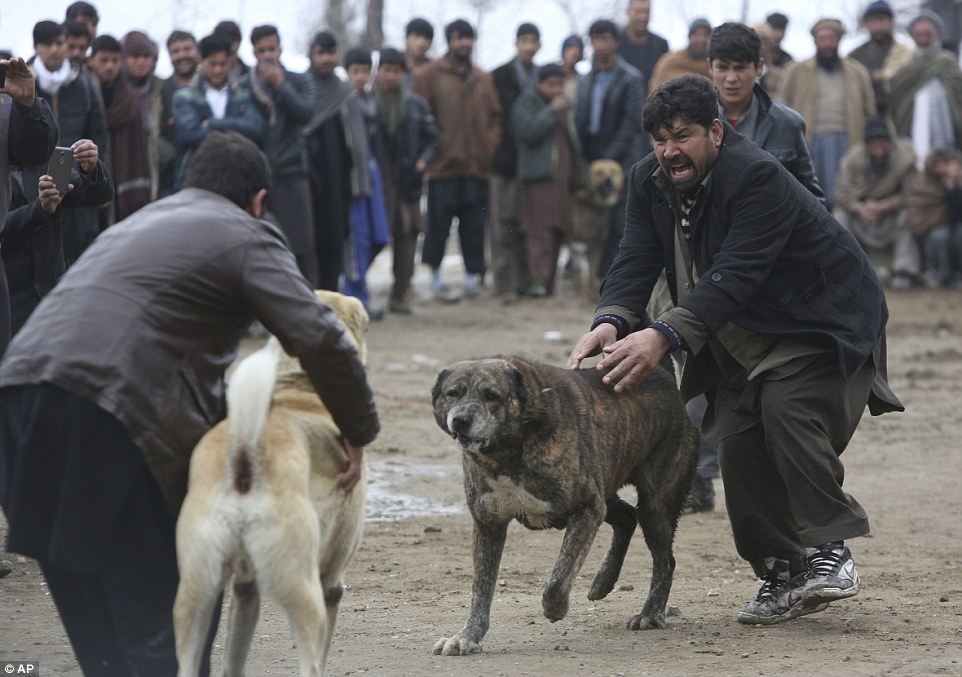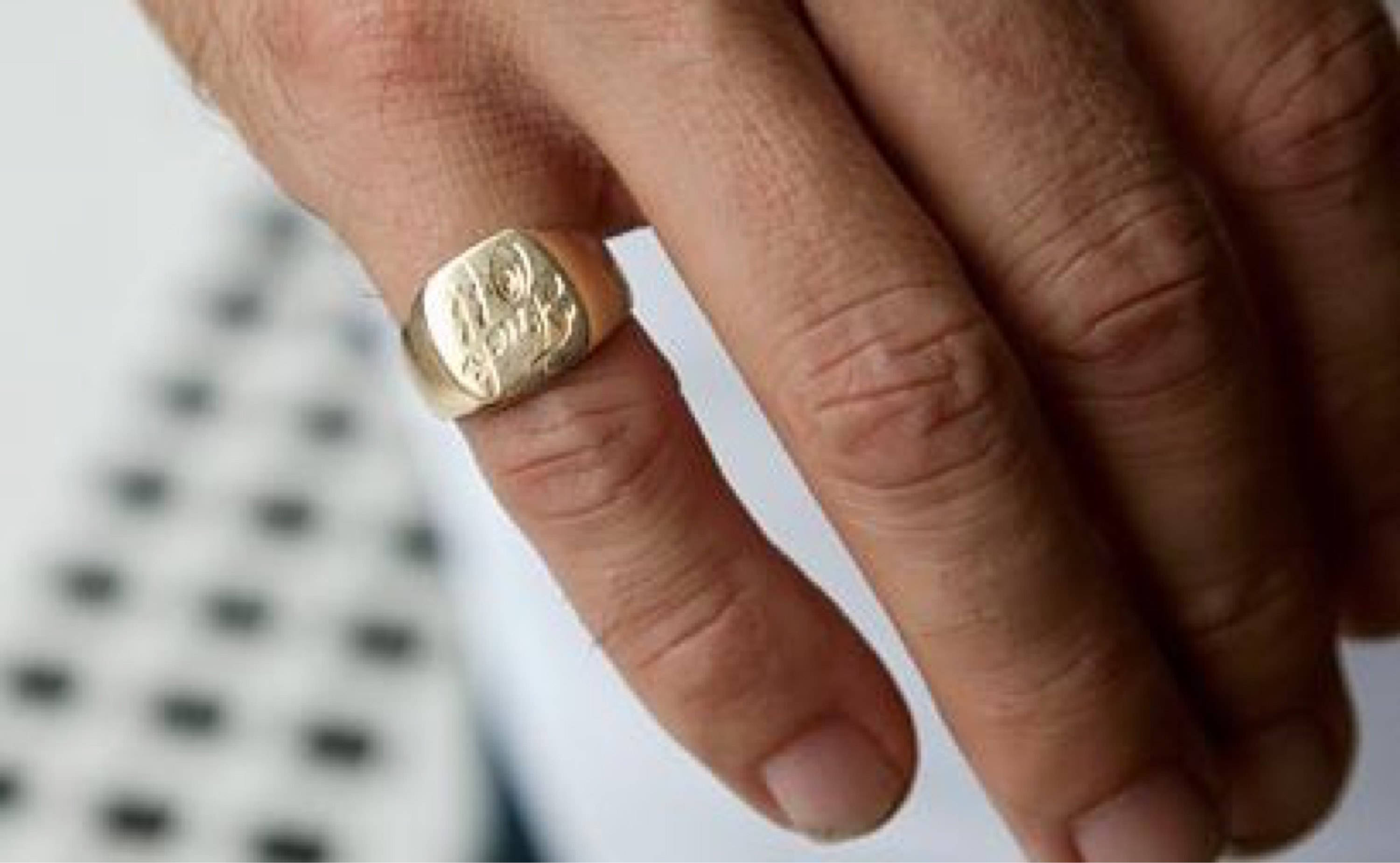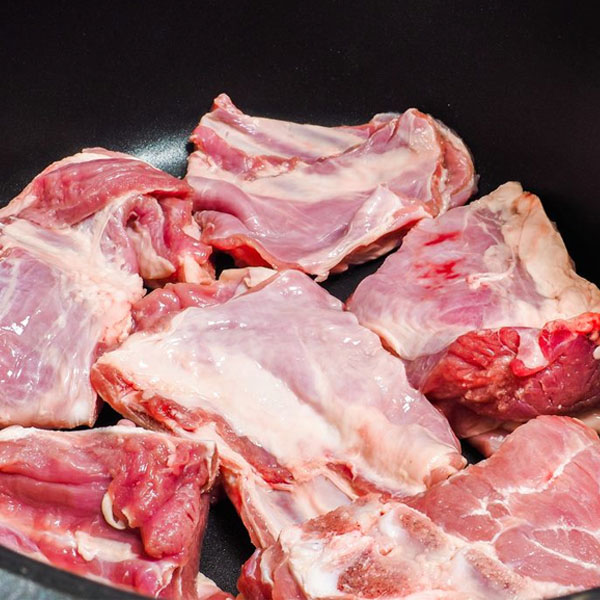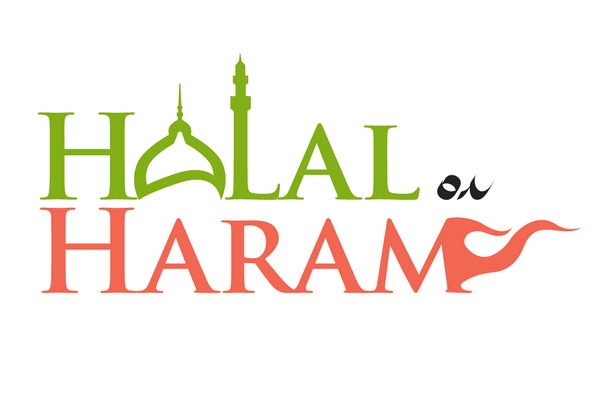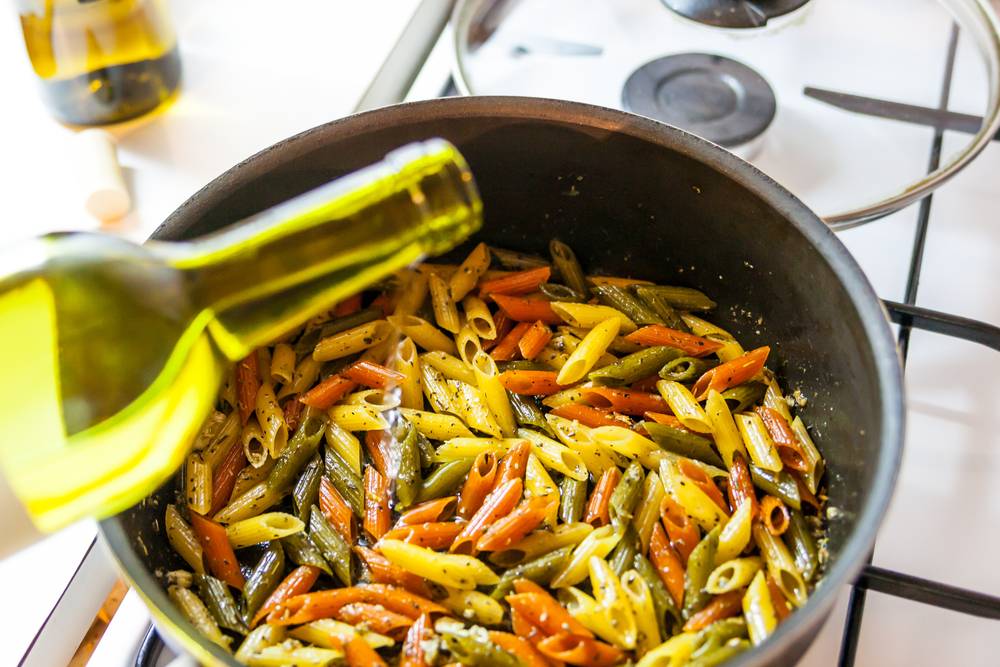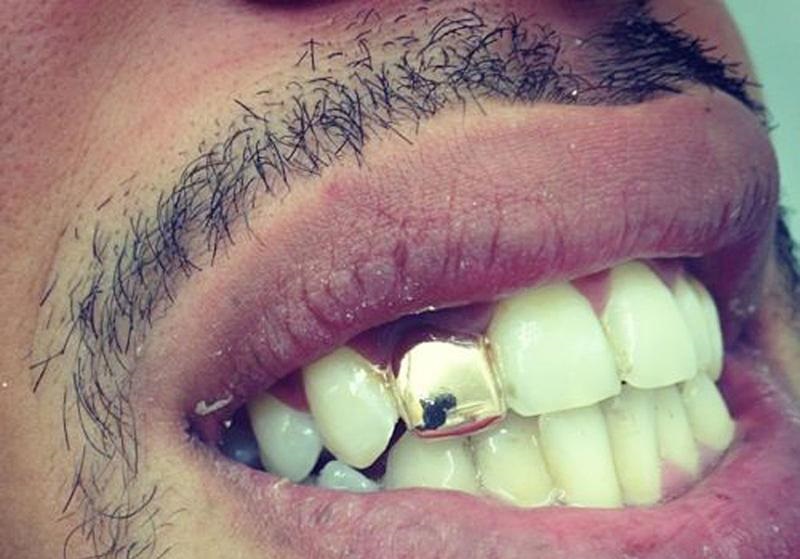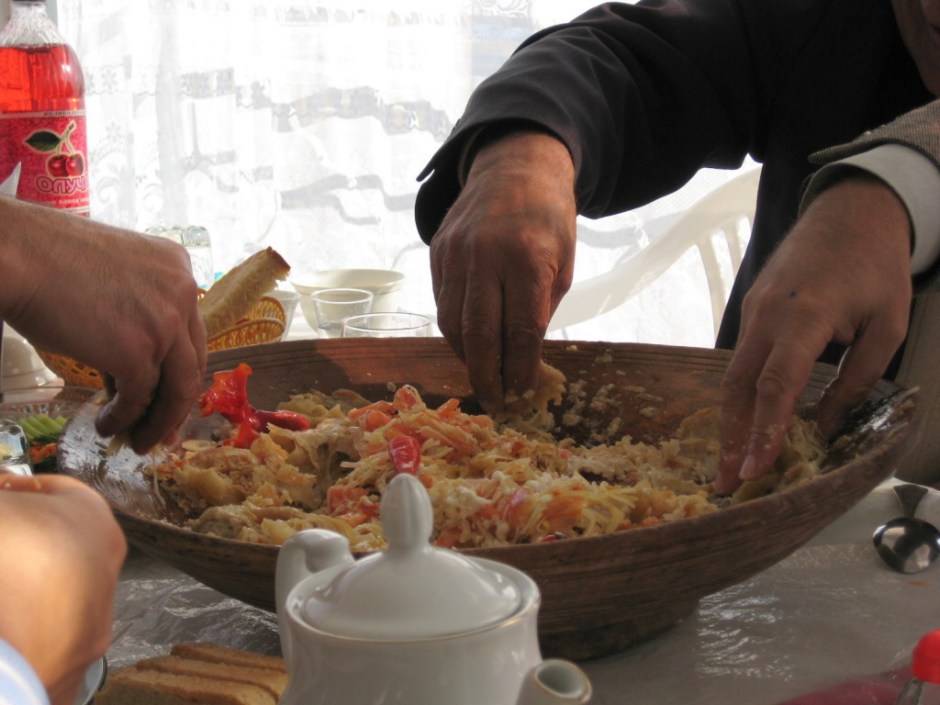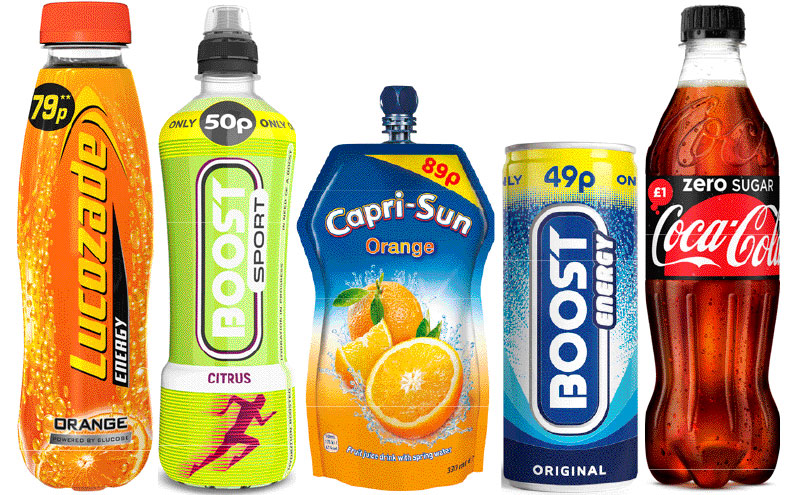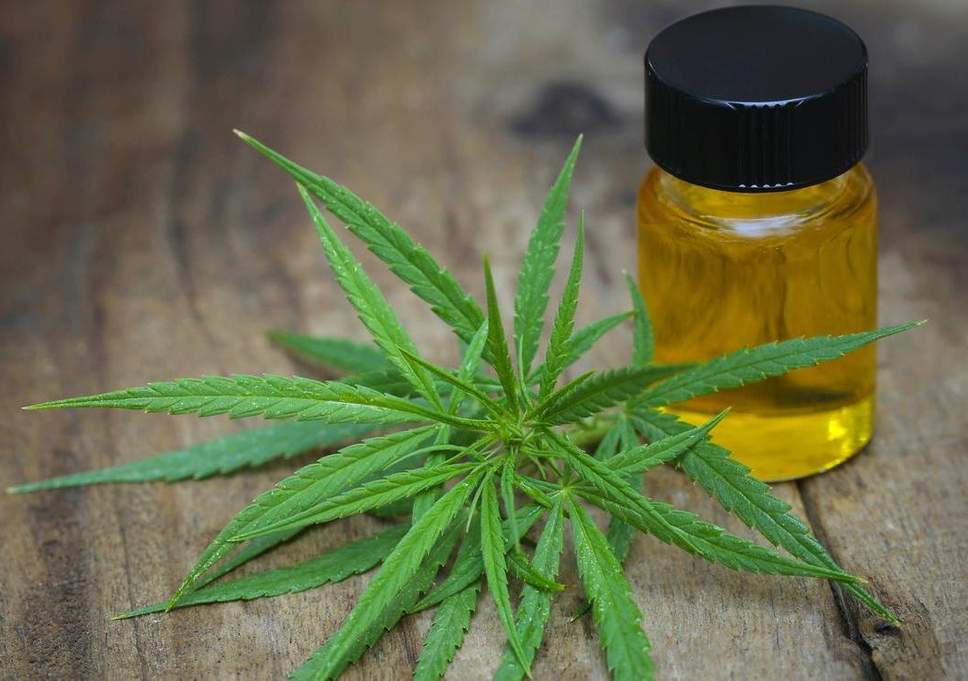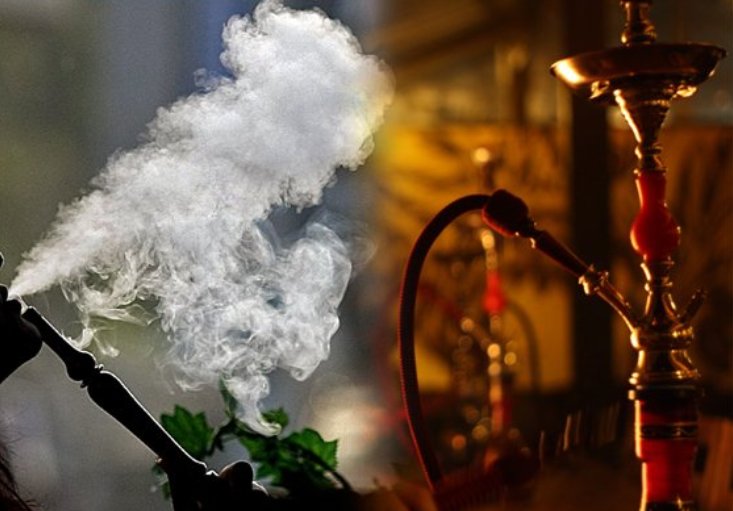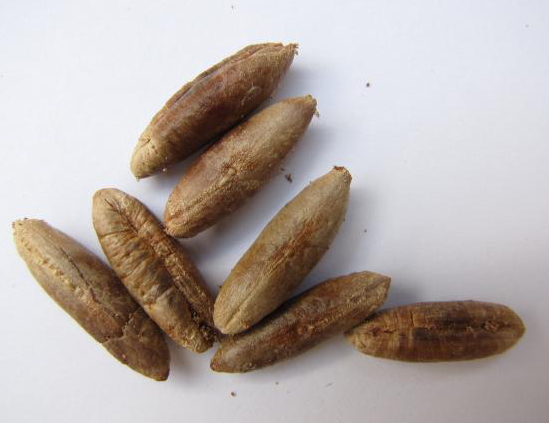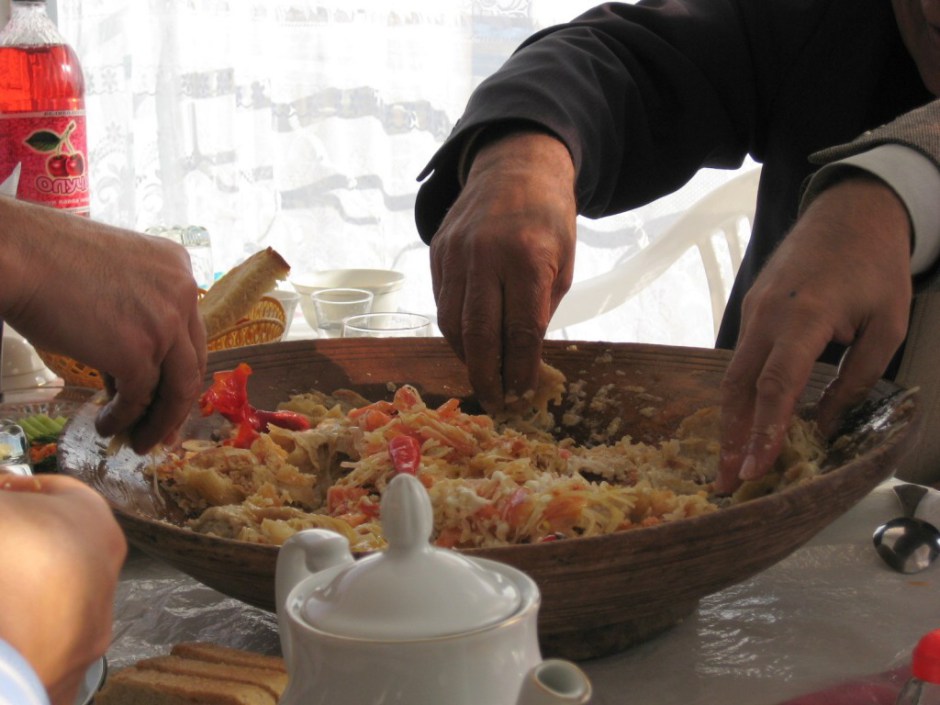QUESTION:
What do the scholars and muftis of the mighty Shari’ah say regarding the following matter, are McDonald’s fries halāl, considering they are fried in completely separate oil [to the meat]. Some people say that there is a possibility that they cook the fries in the same oil as the harām meat, therefore the oil becomes impure (najas), hence their fries are harām. Will this minor doubt cause the consumption of these fries to become harām. What is the position of doubts in such matters?
Questioner: Mohsin from UK
ANSWER:
بسم اللہ الرحمن الرحیم
الجواب بعون الملک الوھاب اللھم ھدایۃ الحق والصواب
If it is such, that they cook the fries in vegetable oil that harām meat is not placed into, then fries cooked in such a manner are halāl, and to label them ‘harām’ is incorrect. A minor doubt of the oil being impure will not cause it to become impure and neither will it cause the fries to become harām, this is because all things are halāl and pure by default; this is established self-evidently and is not in need of any evidence, whereas, in order to establish unlawfulness or impurity [of a thing], certain proof is required. The reason being that unlawfulness and impurity are temporary, and they will not be established by mere doubt.
Just as A’lā Hazrat states that [something] being pure and lawful is default in Sharī’ah, this is self-evident and does not require any proof, and [something] being unlawful and impure is temporary, requiring specific evidence to be established, it is not possible that they be established by mere doubt or conjecture.
[Summarised from Fatāwā Ridawiyyah, vol 4, pg 476]
If we were to contemplate on how much doubt and uncertainty there is in those foods and sweet dishes (mittai) which are prepared by disbelievers and Hindus, we are well acquainted with their carelessness and we also know that none of their products are free from dung and impurities, furthermore, we are aware that they consider the dung and urine of cows and buffalos to be pure and clean, even extremely blessed and honoured. Even so, the scholars deem the consumption of their products and sweet foods permissible, not impure and harām; if you look in Fatāwā Ridawiyyah, you will find examples of such.
Thus, it is stated in Radd al-Muhtār, with reference to Tātarkhāniyah,
“طاھر ما یتخذہ اھل الشرک او الجھلۃ من المسلمین کالسمن والخبز والاطعمۃ والثیاب“
“Those things which the polytheists or ignorant Muslims make, for example, ghee, bread, food and clothes, etc. are pure.”
[Radd al-Muhtār, vol 1, pg 111]
In fact, in order to win over hearts, the Noble Prophet (upon him be peace and blessings) himself accepted the invitation of a disbeliever.
“عن انس رضی اللّٰہ تعالٰی عنہ ان یھودیا دعا النبی صلی اللّٰہ تعالٰی علیہ وآلہ وسلم الی خبز شعیرو اھالۃ سخنۃ فاجابہ“
“It is narrated on the authority of Sayyidunā Anas (may Allāh be pleased with him) that, ‘A Jew invited the Noble Prophet (upon him be peace and blessings) to [eat] some barley bread and old oil, so he (upon him be peace and blessings) accepted.’”
[Musnad Ahmad bin Hanbal, vol 3, pg 270]
It is the practice of the noble scholars that they issue the verdict of purity and lawfulness [of a thing] even based upon the slightest possibility [of purity]. Whereas, they do not give the ruling of impurity based on slight possibility, even great possibility, then how can the ruling of unlawfulness be given based upon mere assumptions.
Consider a cow, goat or similar animal, if they were to fall into a well and come back out alive, we would certainly consider that well to be pure, even though nobody can say with certainty that its thighs are free from urine splashes, however, the scholars state that there is a possibility that it could have entered a large body of water prior to falling into the water [of that well], therefore its body would have been washed and become clean. Hence, if there is a possibility of purity, the verdict of impurity will not be given. Just as it is stated in Radd al-Muhtār,
“قال فی البحر وقیدنا بالعلم لانھم قالوا فی البقر ونحوہ یخرج حیا لایجب نزح شیئ وان کان الظاھر اشتمال بولھا علی افخاذھا لکن یحتمل طہارتھا بان سقطت عقب دخولھا ماء کثیرا مع ان الاصل الطھارۃ اھ ومثلہ فی الفتح“
“It is mentioned in al-Bahr, we have attached it with knowledge (certainty) because they have said that if a cow or its like was to come out alive (from a well), it is not necessary that anything be taken out, even if it is apparent that there is urine upon its thighs, however, there is a possibility that the impurity was washed away after it entered into a large body of water, thus becoming pure, in addition to purity being the default [state], and something similar is stated in Fath al-Qadīr.”
[Radd al-Muhtār, vol 1, pg 142]
Two situations that should be noted:
[1] If there is such a predominant assumption about a thing being impure or harām that it is attached to certainty, then it being impure or harām will be established.
[2] If the assumption is such that on one hand, the mind considers a thing to be impure or harām and this is dominant i.e. the mind is more inclined towards this, however, the mind also goes towards it being halāl, even though the inclination towards this is less, nevertheless, this thing will not be said to be impure or harām, rather, it will be better to avoid it. Even though some scholars regard it as the predominant assumption, as one side is dominant, however, purity and lawfulness is the default state of things, therefore, impurity or impermissibility will not be established except with certain proof.
Just as Sayyidī A’lā Hazrat states in Fatāwā Ridawiyyah that one situation is that the heart is so convinced and determined upon the preferred side that it completely removes the other side from your mind and it is considered unworthy of being accepted [by the mind], thus it is as though it does not exist, such a predominant assumption which is attached with certainty is considered certainty in fiqh (jurisprudence).
The second situation is that the heart does not become firm on the preferred side and neither is the other side dismissed, rather, the mind also inclines towards it, even though [the inclination] be weaker and less; this situation will not give the benefit of certainty nor will it go against certainty, rather, it will be considered as doubt and uncertainty. In the terminology of the scholars, it is sometimes known as predominant assumption, even though in reality it is mere assumption, not predominant assumption.
It is mentioned in Hadīqah Nadiyyah that,
“غالب الظن اذا لم یأخذ بہ القلب فھو بمنزلۃ الشک والیقین لایزول بالشک”
“When the heart does not accept the predominant assumption, then it is like doubt, and certainty is not removed by doubt.”
Certainly, we consider this type with such caution that it is better to avoid it, not that it is necessary or imperative to act upon. Observe how the clothes of the disbelievers, cutlery of the polytheists, food cooked by them, their children’s hands, feet, etc those places where there is a dominance, abundance, excess and intense amount of impurity at most times and pollution and contamination in most situations, due to which the mind inclines towards purity once, but towards impurity ten or twenty times, even about such a place, or regarding any of the things mentioned thus far, they cannot be said to be certainly impure without actually observing; the heart accepts the possibility of it being pure. Therefore, the scholars declared that performing ablution with that water, eating that food, utilising that cutlery and praying in those clothes is correct and permissible, and by no means is the one who does this a sinner, nor is he worthy of punishment. Their response to predominant assumption is that although most cases might be like this, there is no confirmation or certainty, so how will the default ruling of purity be nullified. Nevertheless, due to predominance and apparentness, abstinence is superior and better, and such an action will be makrūh tanzīhī (slightly disliked) i.e. it is not appropriate that one does it unnecessarily, and if he did do it then there is no harm either.
[Fatāwā Ridawiyyah, vol 4, pg 498]
Ergo, that oil about which there is doubt in regards to its impurity, i.e. it maybe impure and harām meat was fried in it, it will not be labelled impure on the basis of doubt, therefore how can the fries which are cooked in it be harām. In spite of that, if the mind inclines more towards it being impure, then it will better to avoid it; even then, it will not be permitted to call it harām. One can not apply these rulings in the matter of meat and poultry; their matter is different as the default state of meat is unlawfulness, just as it is mentioned in Fatāwā Ridawiyyah.
واللہ تعالی اعلم ورسولہ اعلم صلی اللہ علیہ وآلہ وسلم
کتبہ ابو الحسن محمد قاسم ضیاء قادری
Answered by Mufti Qasim Zia al-Qadri
Translated by Zameer Ahmed
Read the original answer in Urdu here – [Q-ID0382] Are Mcdonald’s fries Halal? Can I eat them if I have doubts?
Also see:
[Q-ID0240] Is white wine vinegar or spirit vinegar Haram?
[Q-ID0251] Is Coca-Cola halal or haram?
[Q-ID0259] Buying ‘halal’ meat without investigating where and from whom it has come
[Q-ID0329] What is the ruling on eating Ojri (stomach) and brains of an animal?
[Q-ID0354] Are Prawns, Crabs & Shellfish halal to eat?
